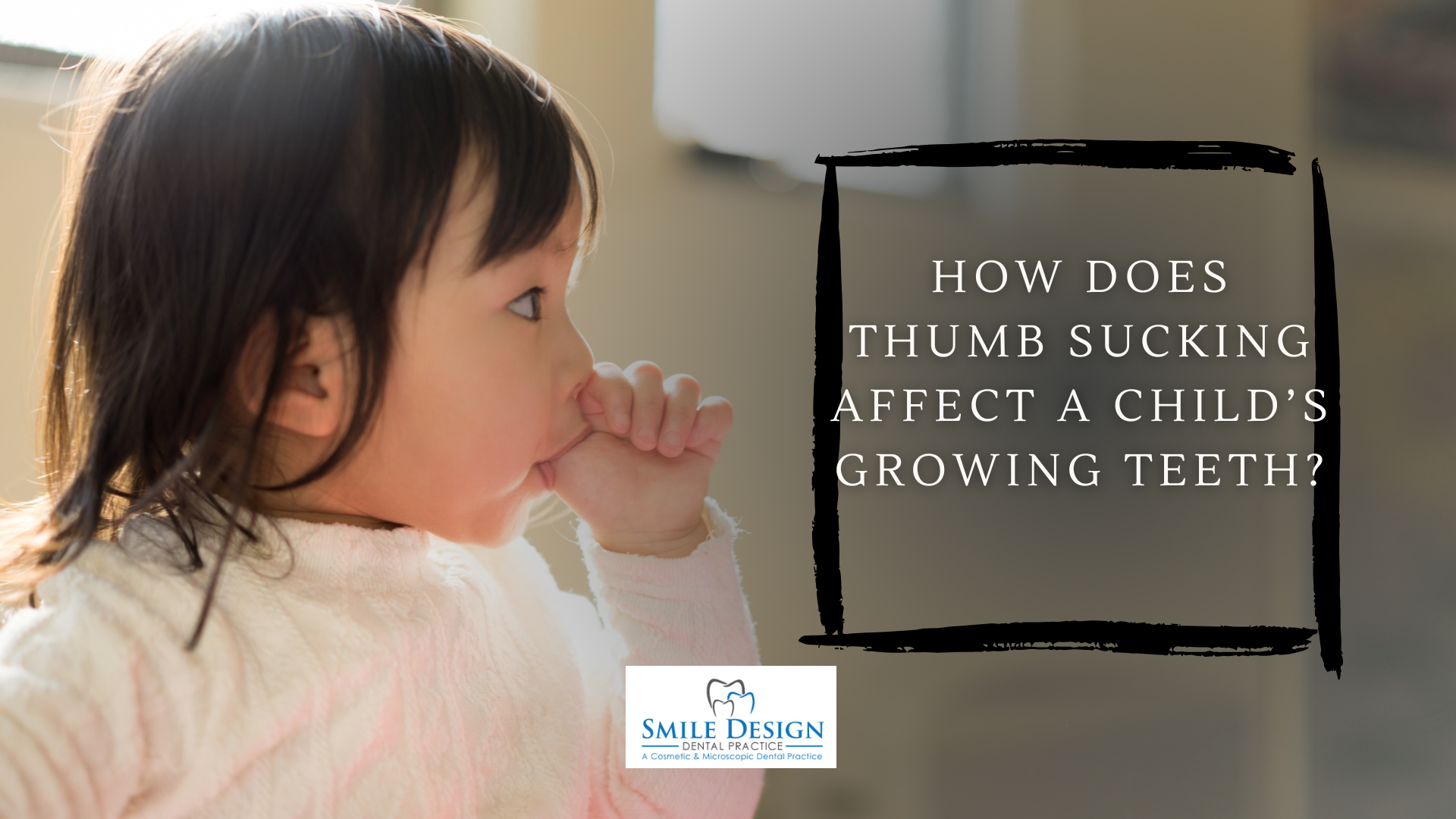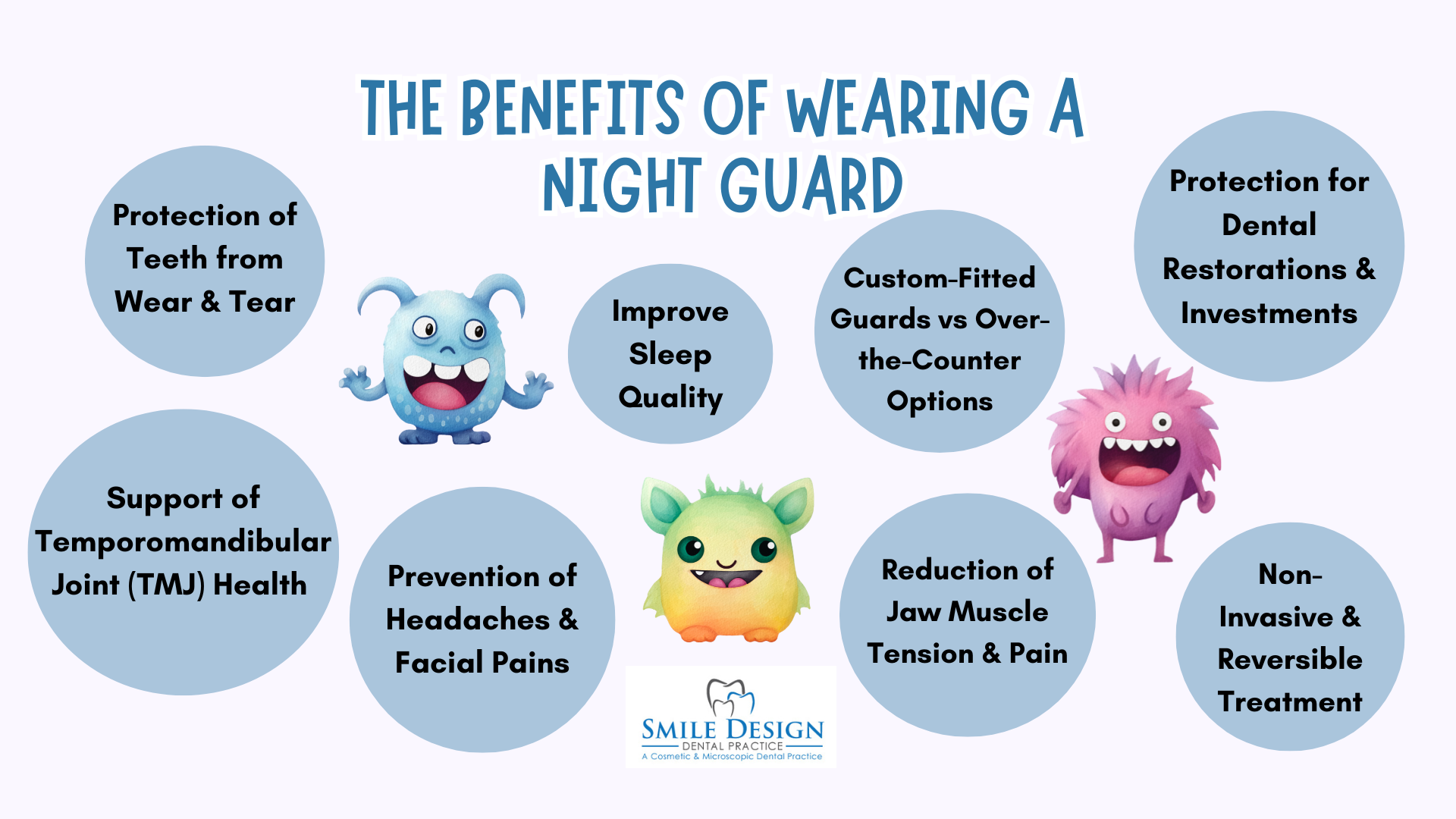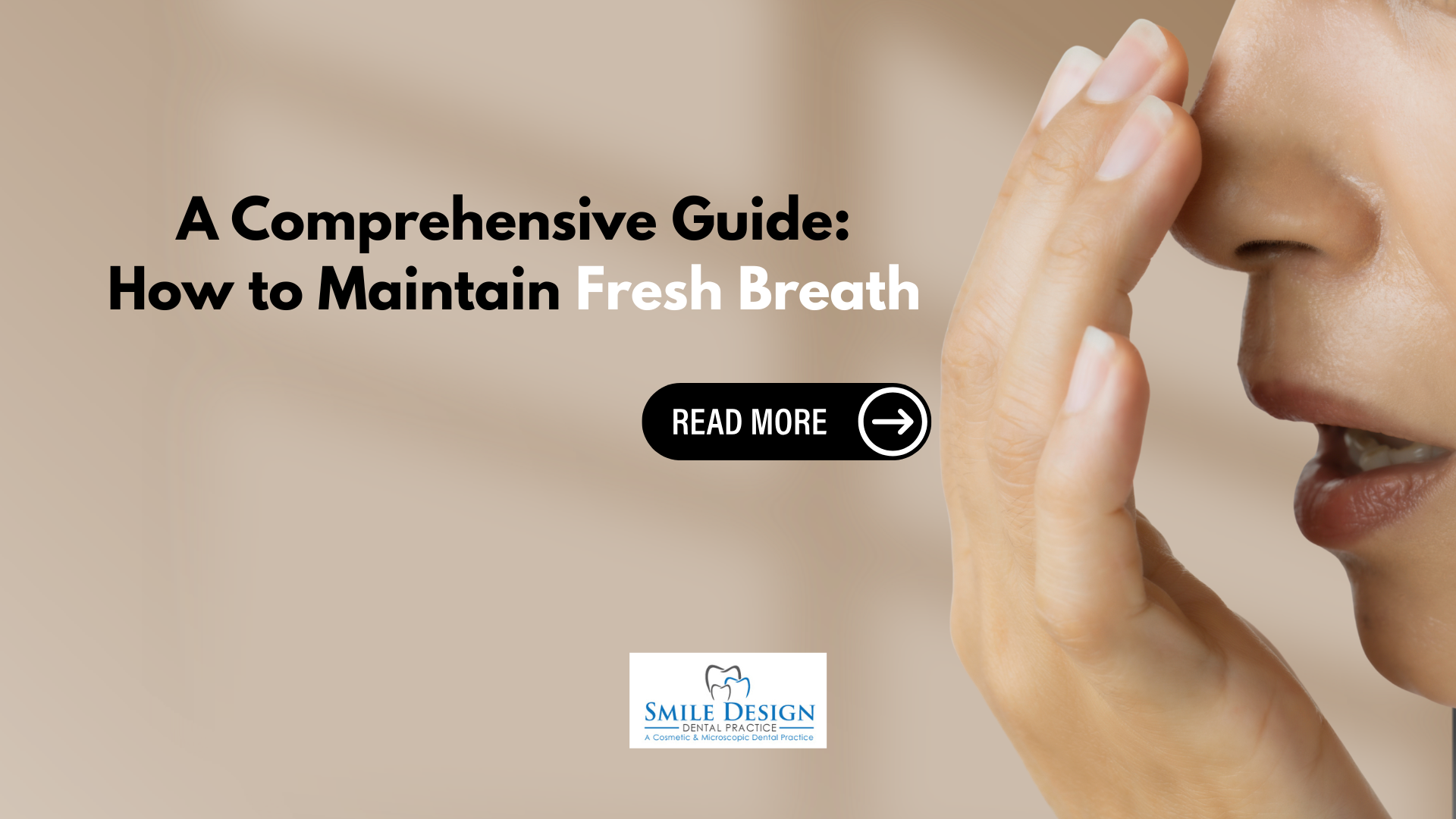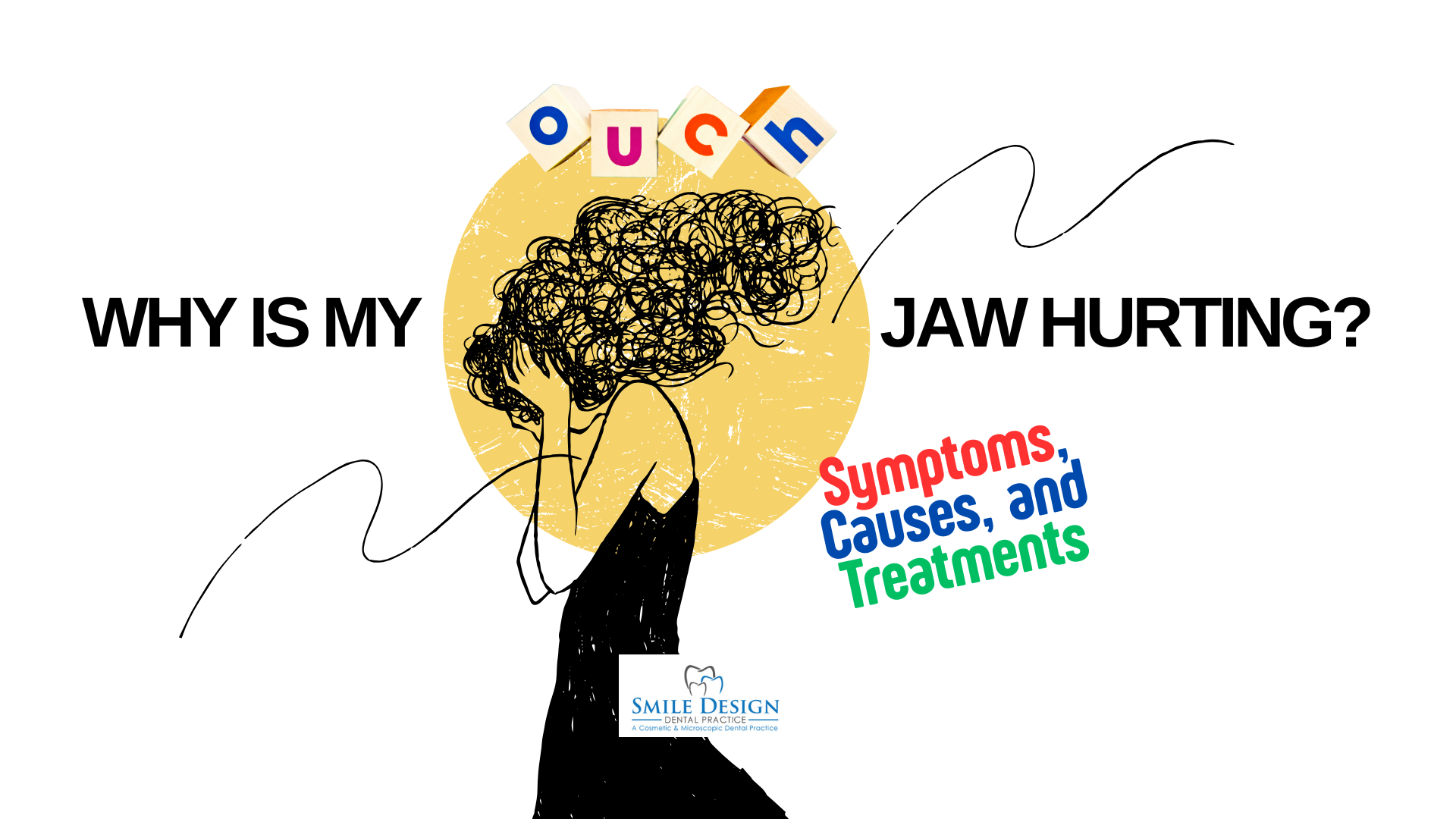What Are the Common Signs That You Should See a Dentist?
Many people only visit the dentist when pain becomes unbearable - but by then, dental problems are often more serious, costly, and challenging to treat. Your oral health can silently deteriorate without apparent symptoms, so knowing the warning signs is essential.
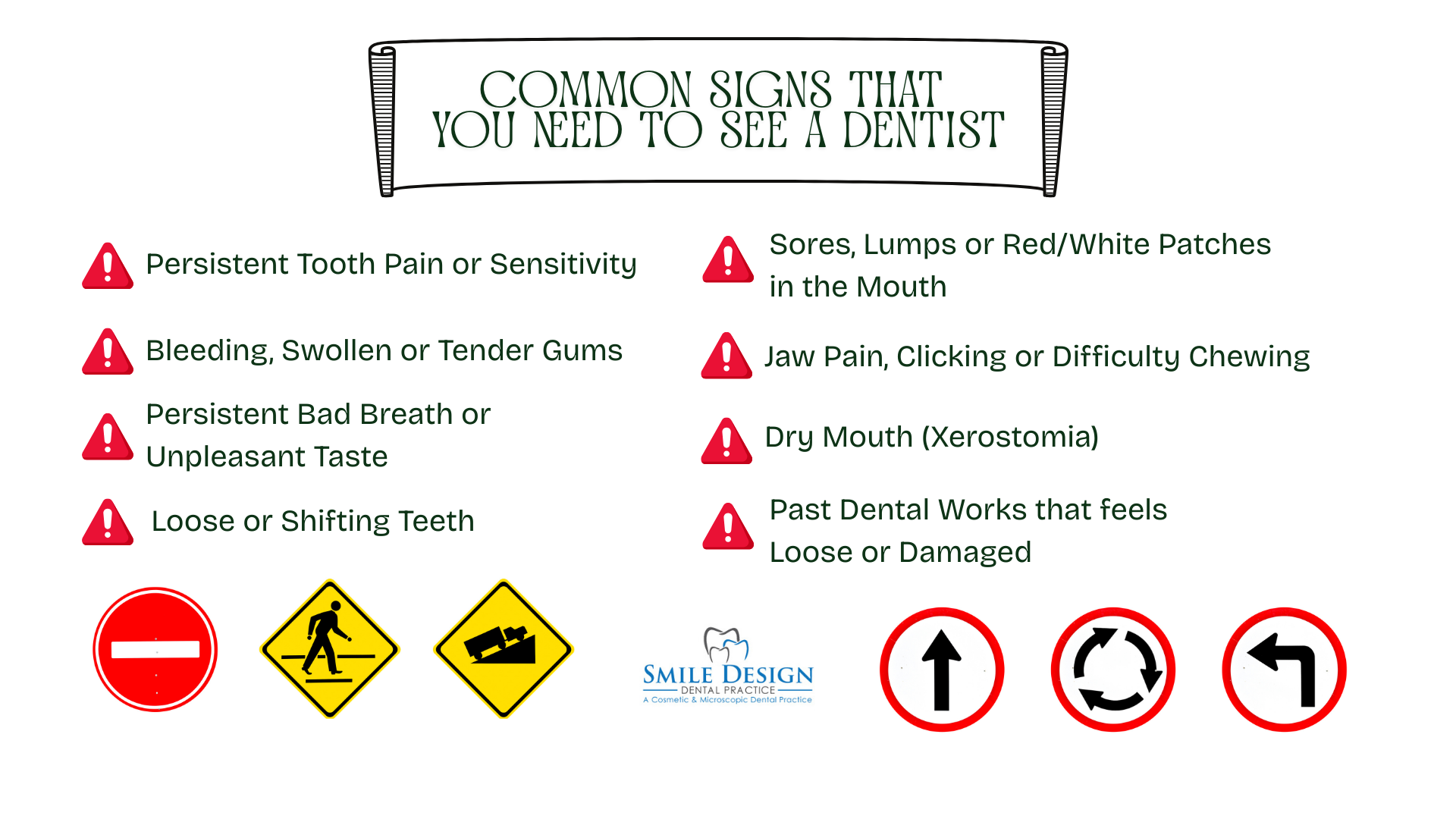
The most common signs indicate it's time to book a dental appointment.
1. Persistent Tooth Pain or Sensitivity
Tooth pain is your body's way of saying something is wrong. Whether it's a sharp pain when you bite, a dull ache, or discomfort when exposed to hot, cold, or sweet foods, it could be a sign of:
- Tooth decay (cavities)
- Cracked or fractured teeth
- Gum infection
- Worn enamel
Tip: Pain that lingers over a day or two should never be ignored.
2. Bleeding, Swollen, or Tender Gums
Healthy gums do not bleed easily. If you notice bleeding while brushing or flossing, it may be an early sign of gingivitis (gum inflammation) or periodontal disease (advanced gum infection). Left untreated, this can lead to tooth loss and even affect your overall health.
Other red flags include:
- Gum swelling or redness
- Receding gum lines
- Bad taste in the mouth
3. Persistent Bad Breath or Unpleasant Taste
Chronic bad breath (halitosis) can be caused by poor oral hygiene, gum disease, tooth decay, or hidden infections. If bad breath persists despite regular brushing, flossing, and mouthwash use, it's time to get checked.
4. Loose or Shifting Teeth
Adult teeth should feel stable. If they feel wobbly or your bite seems to have changed, it could indicate:
- Advanced gum disease
- Bone loss around the teeth
- Trauma or injury to the mouth
Prompt treatment can prevent further damage and tooth loss.
5. Sores, Lumps, or White/Red Patches in the Mouth
Not all oral sores are harmless. Some may be due to infections, vitamin deficiencies, or, in rare cases, oral cancer. Warning signs include:
- Mouth ulcers that don't heal within two weeks
- Unusual lumps or thick patches inside the cheeks or on the tongue
- Persistent pain in one area of the mouth
6. Jaw Pain, Clicking, or Difficulty Chewing
Jaw discomfort, especially when opening and closing the mouth, may signal temporomandibular joint disorder (TMD), teeth grinding (bruxism), or misaligned teeth. Dentists can help identify the cause and recommend treatments.
7. Dry Mouth (Xerostomia)
While occasional dryness can be due to dehydration, persistent dry mouth can increase your risk of tooth decay and gum disease. Causes may include medication side effects, autoimmune conditions, or salivary gland issues.
8. Past Dental Work That Feels Loose or Damaged
If you have fillings, crowns, bridges, or dentures that feel loose, cracked, or uncomfortable, they should be checked immediately to avoid further complications.
Why Early Dental Visits Matter?
Many oral health problems can be reversed or controlled if caught early. Even without symptoms, visiting your dentist every six months is the best way to detect problems before they become painful and expensive.
Remember: Your mouth is connected to your overall health. Gum disease, for example, has been linked to heart disease, diabetes, and respiratory issues.
Schedule an appointment with us NOW! Call us at 6463 8588 or WhatsApp to 9815 5336
To serve you better, we are available by Appointment Only.
Please contact us to schedule an appointment.

